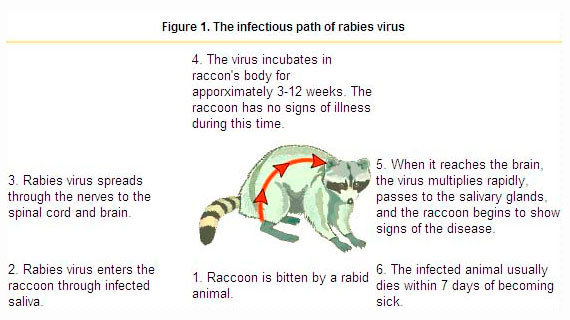Can You Have a Pet Raccoon: A Comprehensive Guide
Guide or Summary:IntroductionLegal ConsiderationsBehavior and TemperamentHealth and CareLiving ConditionsSocialization and TrainingIntroductionThe idea of h……
Guide or Summary:
- Introduction
- Legal Considerations
- Behavior and Temperament
- Health and Care
- Living Conditions
- Socialization and Training
Introduction
The idea of having a pet raccoon is an intriguing one, blending the allure of wildlife with the familiarity of a domesticated companion. However, the reality of owning a raccoon is far from straightforward, requiring careful consideration and adherence to specific legal and ethical guidelines. This comprehensive guide aims to explore the intricacies of owning a pet raccoon, delving into the challenges, benefits, and necessary preparations involved.
Legal Considerations
Before diving into the joys of raccoon companionship, it's crucial to understand the legal landscape surrounding their ownership. In many regions, owning a raccoon as a pet is either illegal or heavily restricted. The primary concerns revolve around the potential for raccoons to become non-native predators in ecosystems and the challenges of controlling their wild instincts. As such, prospective raccoon owners must thoroughly research local laws and obtain all necessary permits.

Behavior and Temperament
Despite their cute appearance, raccoons are wild animals with complex behaviors and temperaments. Their intelligence and curiosity can make them fascinating companions, but they also require a significant amount of mental and physical stimulation. Understanding their natural behaviors and providing enrichment activities can help create a harmonious living environment. Additionally, raccoons are known for their strong maternal instincts, which can manifest in unpredictable behaviors around their offspring.
Health and Care
Raccoons are susceptible to a variety of health issues, including rabies, distemper, and intestinal parasites. Regular veterinary check-ups and vaccinations are essential for maintaining their health. Their diet should consist of a balanced mix of commercial raccoon food, fresh fruits, vegetables, and occasional treats. Proper hygiene practices are also crucial, as raccoons can carry diseases that can be transmitted to humans.

Living Conditions
Providing a suitable living environment is paramount for a raccoon's well-being. A spacious enclosure that mimics their natural habitat is ideal, with plenty of climbing opportunities, hiding spots, and enrichment activities. The enclosure should be securely fenced to prevent escape and potential harm to the raccoon. Regular cleaning and maintenance are necessary to ensure a hygienic living space.
Socialization and Training
Socializing and training a raccoon require patience and consistency. Early exposure to various stimuli and experiences can help them become more comfortable around humans. However, it's important to set clear boundaries and enforce rules to prevent unwanted behaviors. Positive reinforcement techniques are effective for training, rewarding desired behaviors and discouraging undesirable ones.

While the idea of having a pet raccoon may seem alluring, the reality involves significant responsibilities and challenges. Prospective raccoon owners must navigate legal considerations, understand their complex behaviors, prioritize their health and care, provide a suitable living environment, and engage in socialization and training. With thorough preparation and dedication, a raccoon can make a rewarding and enriching addition to a loving home. However, it's important to approach this decision with careful consideration and a commitment to providing the best possible care for your new companion.